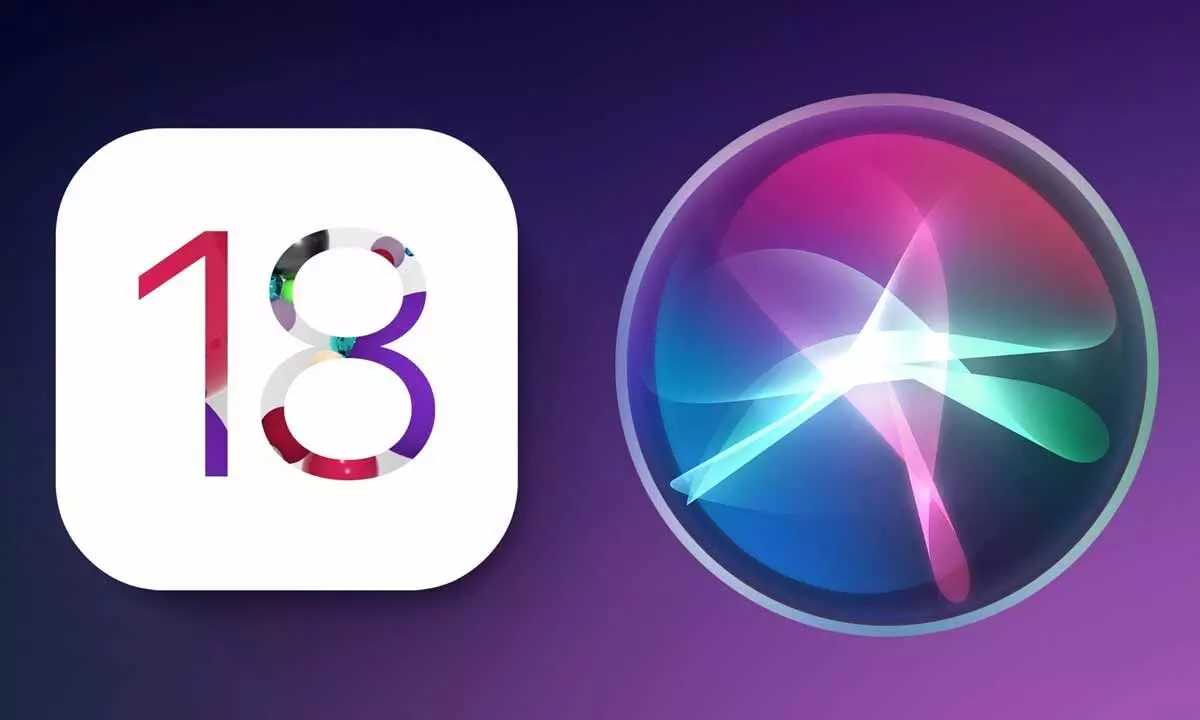Live
- Kejriwal swindled Rs 2,026 cr through liquor scam, shows CAG report
- Angola reports 119 cholera cases, including 12 deaths
- Splash Colors Media, Alinea Avighna Studios, and Settle King Begin Shooting for Production No. 1
- South Korea: Black boxes of crashed Jeju Air plane missing final four minutes of data
- Five youths drowns to death in Kondapochamma Sagar dam
- Pragati Yatra: Nitish Kumar inaugurates development projects in Darbhanga
- Jr gymnastics national champion, Mann Kothari, aims to represent India at 2028 LA Olympics
- Shiv Sena (UBT) to go solo in local and civic body polls in Maharashtra
- South Sudan targets 300,000 vulnerable people in new cholera vaccination drive
- Lal Bahadur Shastri Death Anniversary 2025: Honouring India’s Second Prime Minister and His Inspiring Words









